The immune system is a complex network of cells and proteins that defends the body against infection. The immune system keeps a record of every germ (microbe) it has ever defeated so it can recognise and destroy the microbe quickly if it enters the body again. Abnormalities of the immune system can lead to allergic diseases, immunodeficiencies, and autoimmune disorders.
Therefore, regulating and supporting immunity is important and diet and lifestyle can be very important:
Firstly reducing the microbial load (washing hands thoroughly, anti-microbial herbs may also help) Controlling inflammation (with improving diet and perhaps including supplementation)
Stimulating immunity –increasing resistance to infection / increase immune resilience and tolerance (through diet and lifestyle measures below)
Supporting energy production –manage fatigue (rest is important and supplementation may be necessary) Support digestion, gut health and detoxification pathways (increasing fibre rich foods, fluid intake and dry skin brushing)
DIETARY TIPS TO SUPPORT IMMUNITY
Dietary guidelines may assist in the management of stress and immunity: Reduce pro-inflammatory foods in the diet including saturated fats (meats, especially poultry, and dairy), refined foods, and sugar. (try for organic meats where possible)
Emphasize foods high in essential fatty acids such as oily fish and nuts/seeds/avocado/olive oil Eat a minimally processed food diet – whole foods are richer in antioxidants, phytonutrients and bioflavonoids (compounds that support immunity)
Protein is essential for the immune system – aim for a palm size of protein to be consumed each meal
Nutrients to support digestive health including fibre from fruits and vegetables and yoghurt / fermented foods should be consumed
Minimize intake of caffeine, alcohol and salt (enemies of immunity!)
FOODS THAT CONTAIN IMMUNE SUPPORTING NUTRIENTS
Vitamin A = Protein foods = Fish liver oil- halibut, cod Liver- Veal, lamb, beef, chicken, Egg yolk, Butter, Fruit and Veg = Carrots Tomatoes Rock Melon Apricots Mangos Pumpkin Peaches Spinach Sweet potato (kumara) Herbs = Basil / Chives / Parsley Chilli
Vitamin C = Blackcurrant juice, Guava, Banana, Blackberry, Red Chilli peppers, Red peppers, Parsley, Watercress, Cabbage, Strawberries, Papaya, Rockmelon, Citrus fruits, Broccoli, Brussel sprouts, Green peppers, Cauliflower, Kohlrabi, Snow peas
Vitamin D = Herring – pickled, Sardine – in tomato sauce, Calamari, Cheese, Milk, Egg yolk
Iodine = Iodised table salt, Cocoa powder Milk – evaporated/skim, Fish paste Egg yolk, Sushi, Oysters, Scallops
Selenium = Brazil nuts, Mushrooms, Eggs – yolk, Flour – rice/rye/wheat/ wholemeal, Red meats, Oat bran, Oats, Wheat bran, Wheat germ (fresh) Mustard powder, Yeast spreads, Cheeses – esp cheddar, Sesame seeds – Tahini Fish – all types
Zinc = Oysters, Red meats, Liver – chicken/ veal/ lamb, Nuts: Brazils, almond, cashew, chestnuts, peanuts, pecan, pine, walnuts, Chicken, Duck, Turkey, Cheese – esp hard yellow types & blue vein, Yeast spread, Tomatoes – sundried, Eggs, Tahini, Sesame seeds, Sunflower seeds, Garlic, Green peas, Fresh Parsley and Basil, Broad beans, Butter beans, Spinach, Mushrooms
Methionine = Spirulina, Cheeses – esp Parmesan, Red meat, Chicken, Turkey, Soy Protein, Nuts & seeds Cysteine = Meats, Dairy, Egg yolks, Nuts & seeds, Brassica vegetable
HOMEMADE COUGH SYRUP
Here is a great recipe for a natural and effective cough syrup.
This is non-toxic and excellent for that disturbing cough that keeps your kids up at night Obviously, do not use this on children under the age of 1 where honey is not indicated (DO NOT give honey to children under the age of 1)
Ingredients:
1 large brown onion, peeled and thinly sliced
Honey, preferably Manuka honey (this is made from tea-tree flowers – and is particularly medicinal with anti-microbial properties)
1 glass jar slightly larger than the onion with a lid.
Instructions:
Place the sliced and peeled onion into the glass jar, tightly packed. Cover with honey and close the lid. Let sit overnight. The onions will become dry as the honey extracts the onion juices out.
Remove the onion leftovers. Keep refrigerated. Take as needed for cough.
The typical dose is 1 tablespoon for children under 6 and 2 tablespoons for 6 years and older.
FLU FIGHTER TEA
Flu Fighter Tea: Bring 1 litre of water to the boil and add:1 tablespoon honey, 2 tsp fresh grated ginger, 1 slice lemon (skin on), 1 cinnamon stick, ½ tsp cinnamon powder, 6 cloves, 1 clove garlic, ¼ tsp fresh chopped chili Continue to boil for 1 minute, then cool and drink the warm tea freely throughout the day
LIFESTYLE TIPS TO SUPPORT STRESS RESPONSE
Lifestyle guidelines may assist in the management of stress – which in turn will support immunity:
Take regular exercise (gentle at first / if possible, in the morning – in the sunshine. This can help regulate your circadian rhythm)
Ensure regular, adequate sleep (see sleep handout for sleep tips)
Practice Meditation, yoga, guided visualisation, and/or breathing techniques. A simple breath technique – breath in for 4 counts, hold your breath for 4 counts, and then breath out for 5 or 6 counts. This encourages the ‘rest and digest’ part of your nervous system – great to do before eating?
Dry skin brushing – To dry brush, you use a natural-bristle brush to gently but firmly brush your skin in long strokes towards your heart, usually going over each area two or three times. At your belly, you brush in a clockwise motion. Dry brushing is typically done before showering.



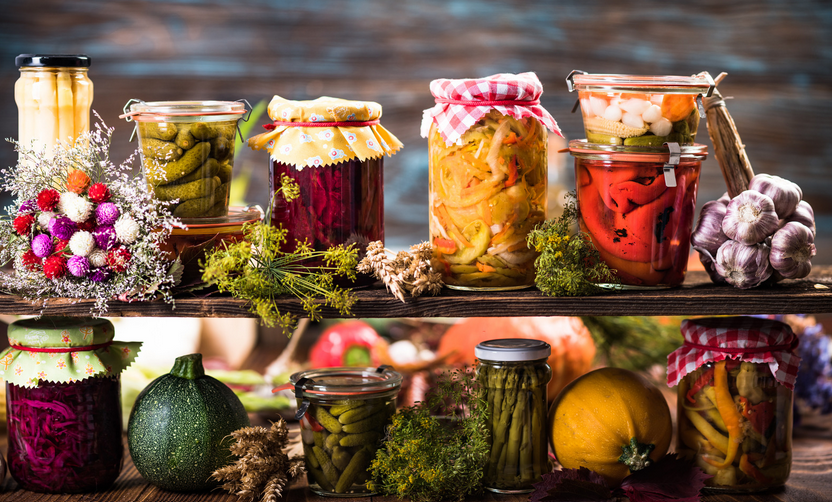
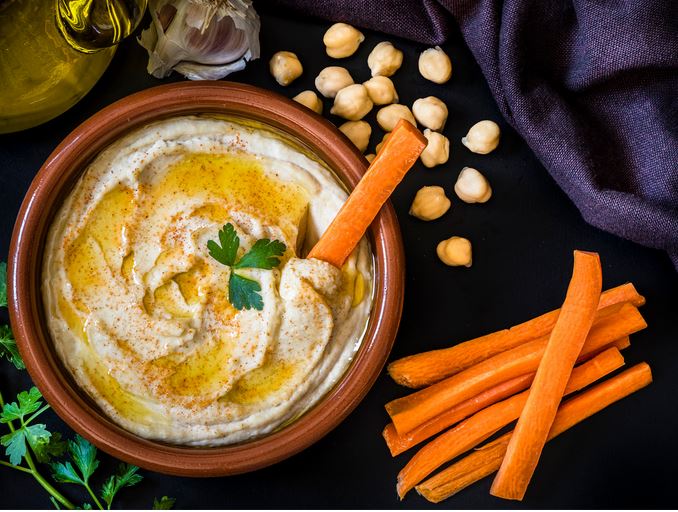
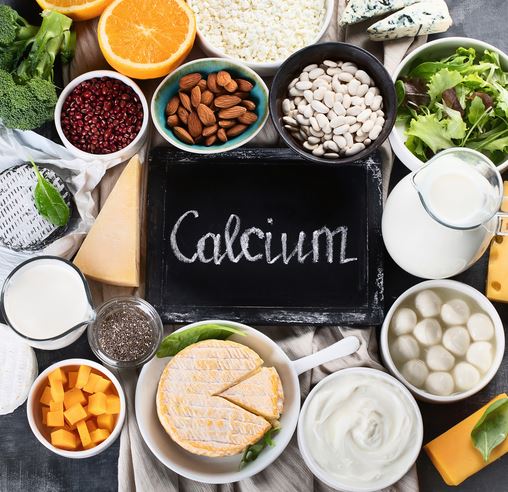
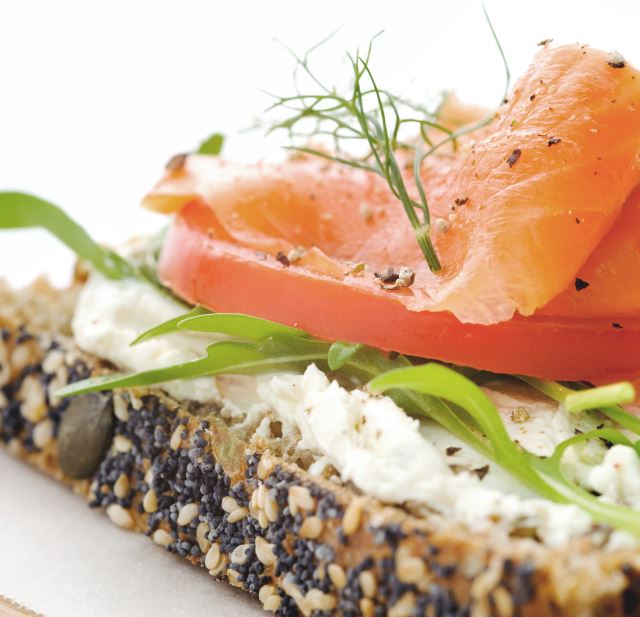

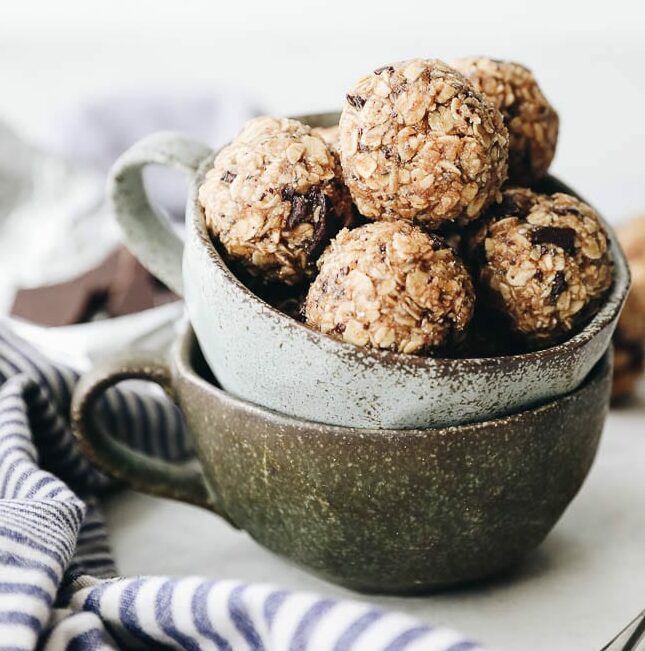
0 Comments